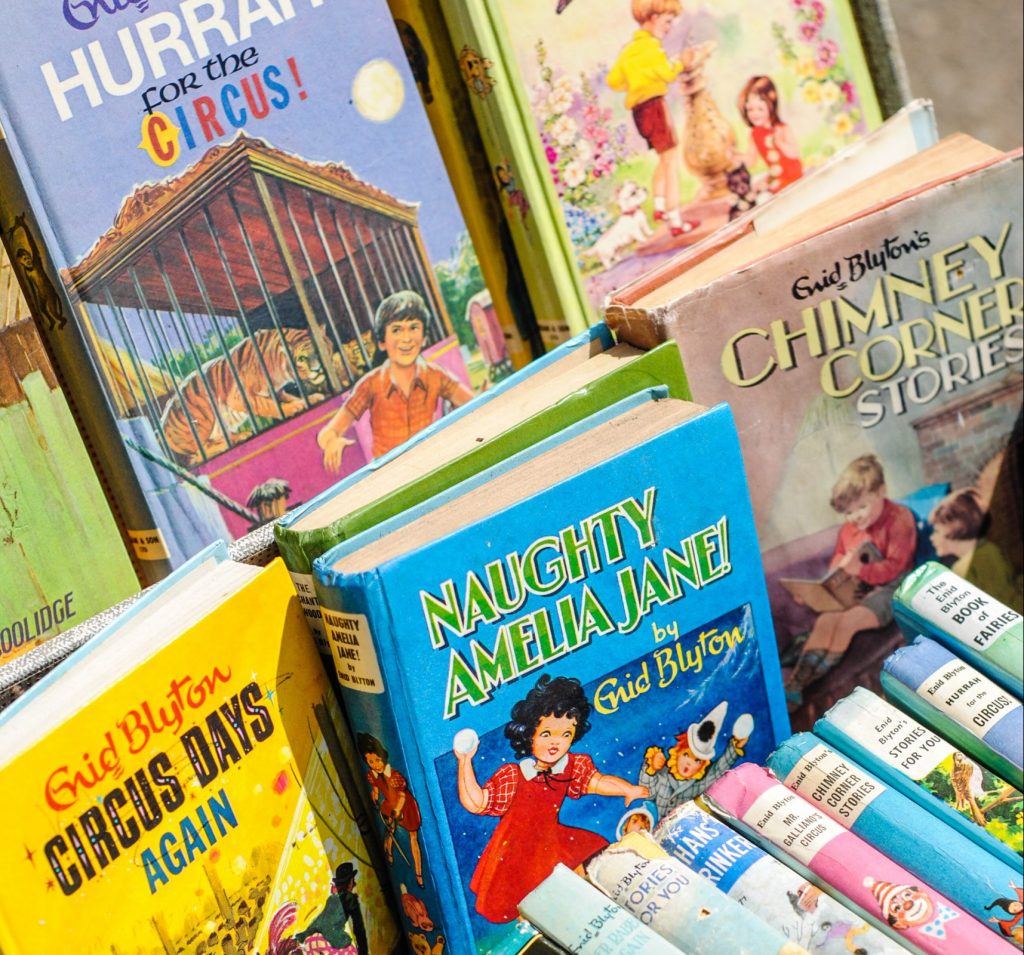
Often enough, we hear parents complaining that their child asks them to read the same story over and over again. By the time the child had enough of the book, the parent has memorized the entire book. The never-ending story is extremely beneficial to your child’s vocabulary acquisition, so when your child pleads
“Mommy Again, Again”
please be patient and read it one more time even though you might be bored out of your mind.
Repetition Increases your Child’s Vocabulary Acquisition
Research at Sussex University
Dr. Jessica Horst who is a researcher and a psychologist at Sussex University, says that “What we think is happening with reading is that each time a child hears the book, they are picking up new information,”. The team of researchers at Sussex University conducted an experiment with three-year-olds to test out their theory. The three-year-olds were exposed to two new words and each word consisted of a made-up name for an object that the children did not see previously. For instance, “Sprock” was the name of an object used to mix food with. In the duration of a week, one group of the children heard 3 different stories with the same word “Sprock” while the other group heard the same story over and over again, which consisted of the same word “Sprock”. Each storybook had the exact image of the mixing tool “Sprock”. The results of the experiment demonstrated that the children who heard the same story over and over remembered the new word much better than those that heard it in the context of three different stories.
Quality Versus Quantity
We learn from this study and other similar studies that parents and educators need to focus on the repetition of the books they read to children and not the number of different storybooks. As we all learn in life that the quality of things is much more important than the number of things. The more repetition of each book that the child hears leads to greater benefit that the child learns. That being said, it is essential to remember that this theory works for the time that your child is asking you to repeat the story. Therefore, if your child is no longer interested in the story that means that your child has learned all the new information that the book contained. Hence, once they are ready for a new book, allow that change over to the new book organically.
A few other important things to remember when reading to children is to allow your child to choose, which book they want you to read; in this case, your child will most likely choose the same book until they are satisfied. Parents should emphasize and take their time to read to their children and not rush through the books. Allow your child time to process the information and link the words with the images especially for very young children. The majority of parents do not read to their children as often as needed and we cannot emphasize how important it is for parents to have a quiet time with their children where they bond over a storybook.
Go out there, pick up a book and Read. Happy Readings!
Ref: Horst, J.S. & Parsons, K.L. & Bryan, N.M. (2011). Get the story straight: contextual repetition promotes word learning from storybooks’. Published in Frontiers in Psychology. LINK to research article: http://www.ncbi.nlm.nih.gov/pmc/articles/PMC3111254/